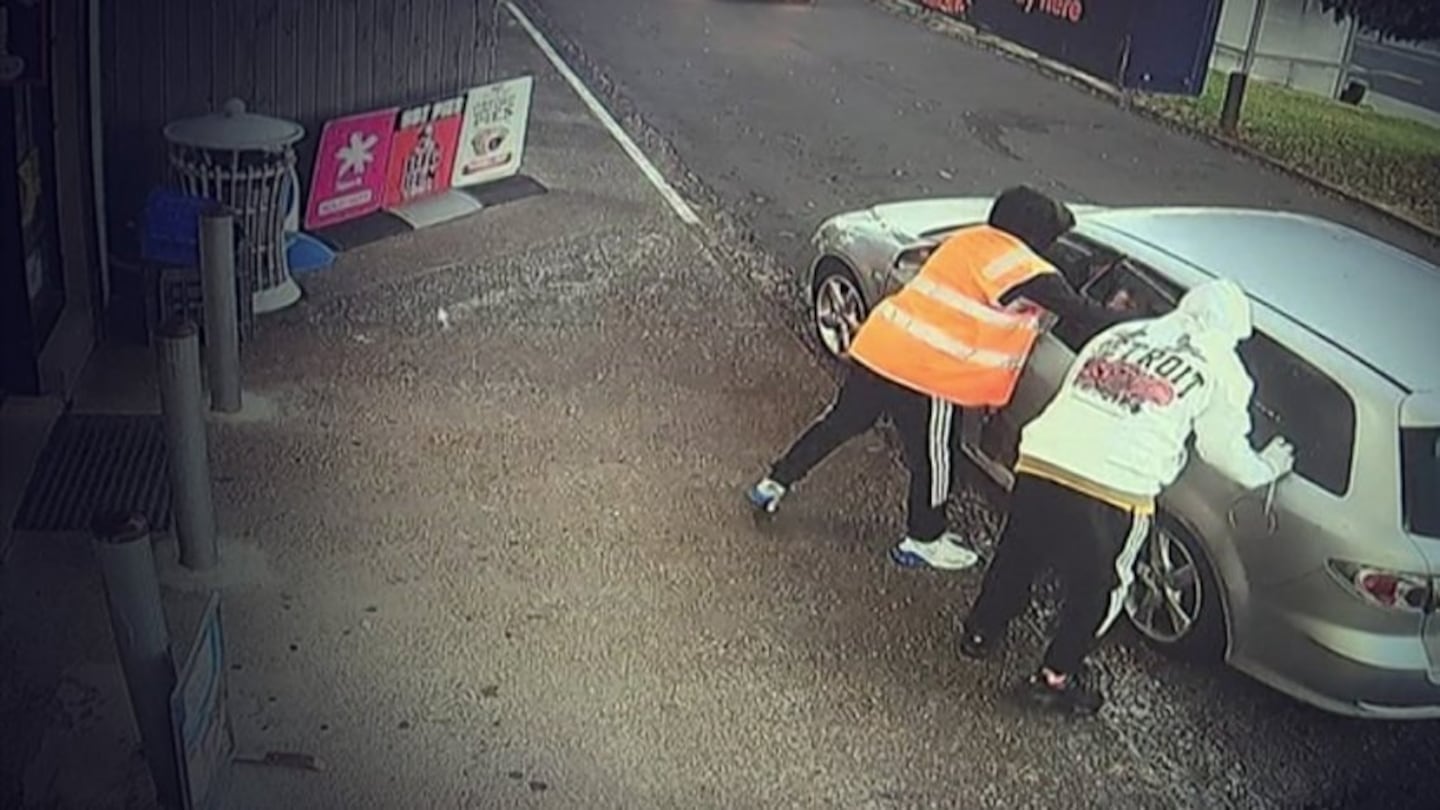The government is rolling out new programmes in areas that have seen spikes in youth offending to help steer rangatahi into training and employment, Associate Social Development and Employment Minister Willie Jackson says.
Whakawātea Te Ara Poutama involves 15 work-readiness and employment training programmes in areas with the biggest increases in youth crime and ram raids: south and west Auckland, Northland, Bay of Plenty and Waikato, and it seems it couldn't have come soon enough.
According to statistics, in 2022 there were 516 ram raids in New Zealand; of the 702 offenders, 495 were under 17 years old and 70 were under 13.
Jackson says locking them up and throwing away the key is not the answer.
"We are talking about young people who may have gang affiliations — the genuine hard-to-get young ones. So we have been really specific with this pūtea, particularly what's been happening with crime.
"For us as a government, it's not just about us locking people up."
'Separated from their Māori identity'
The Matawhaorua programme is one such initiative at the coalface of efforts to lower youth crime in the Waikato region.
Delivered by Strive 101, which supports at-risk young people through mentoring and work readiness services, Matawhaorua is a tailored mentoring programme that includes post-programme support (for a minimum of 12 months and up to 24 months).
Mentor Harley Raihe says there are many reasons youth fall into a life of crime.
"The majority haven't had the best role models that they could learn from. So, we here at Matawhaorua are able to guide them onto a better pathway."
He says mentoring is a two-way street, and a lot of them are disconnected from their identity.
"We need to foster their belief in us so that they are able to then believe in what we are saying to them and the work we are trying to achieve here to return them to their Māori identity. Most of them who come to us are Māori but they are separated from their Māori identity."




